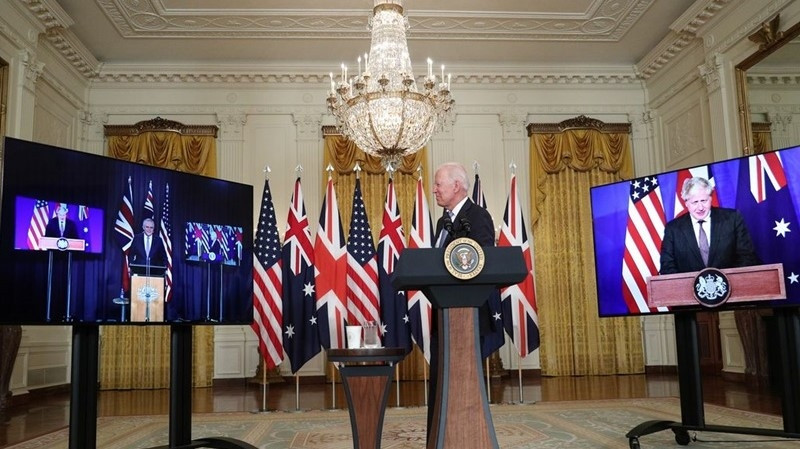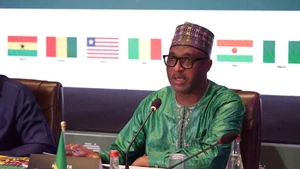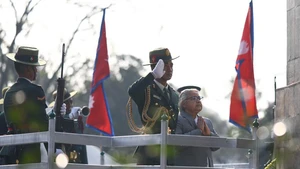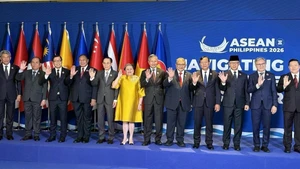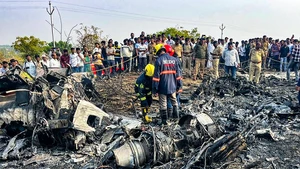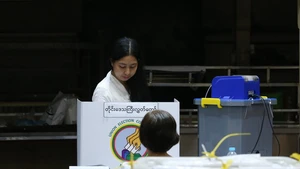Under the agreement, known as the AUKUS alliance, Washington and London will support Canberra with the technology and capacity to deploy nuclear submarines. This relationship also includes cooperation in the areas of artificial intelligence, quantum technology and cyberspace. According to US officials, this is Washington's "historic" decision to contribute to maintaining stability in a free and open Indo-Pacific region.
The commitment to join hands in building a stable, peaceful, free and open Indo-Pacific region has been strongly implemented by the US through a series of diplomatic activities over recent times.
US Vice President Kamala Harris made her first trip to Southeast Asia, considered by US officials to be "the heart of Asia" , to determine the success or failure of the country’s "flower flag" diplomacy in the Indo-Pacific.
The highlight of the trip was the opening ceremony of the US Center for Disease Control and Prevention (CDC) Southeast Asia Regional Office. This will make an important contribution to portraying a positive image of the US in the region in terms of the fight against the Covid-19 pandemic.
The issue of vaccine production and distribution is a "focus" of most discussions around the world. Washington strives to take advantage of this opportunity, through its commitments to supporting the fight against the epidemic as part of their foreign policy in the region.
At the first summit of the "Diamond Quartet", consisting of the US, Japan, Australia and India, which took place in March 2021, the group affirmed it will work together to expand the production of affordable and safe vaccines and promote equality of access, so that 1 billion doses of vaccine can be delivered to Asia by the end of 2022.
Sharing strategic interests in the vast Indo-Pacific region, it is understandable that the US and other countries wish to promote connectivity initiatives in the region, as the world is seriously threatened by epidemics and the climate crisis.
